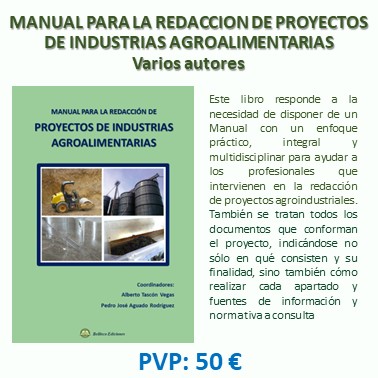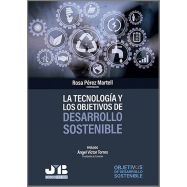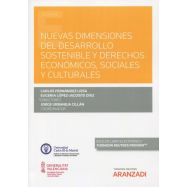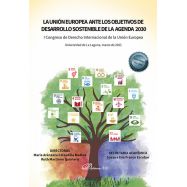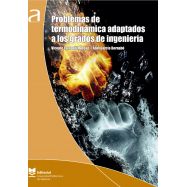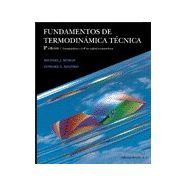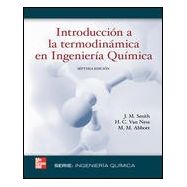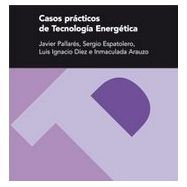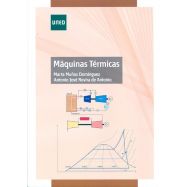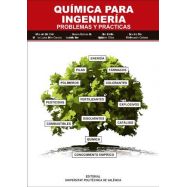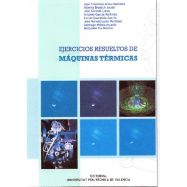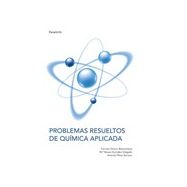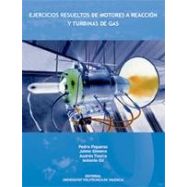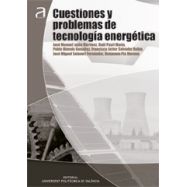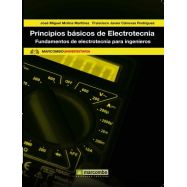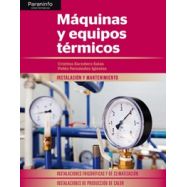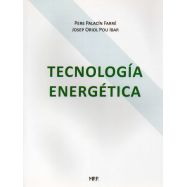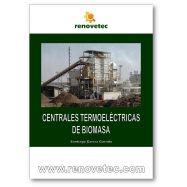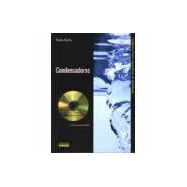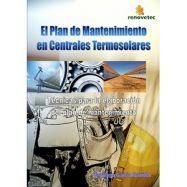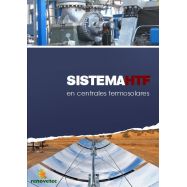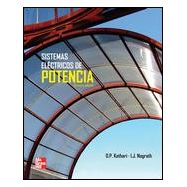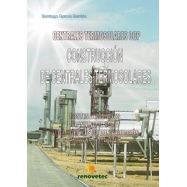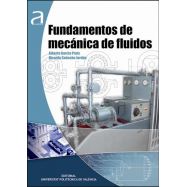Ningún producto
Materias
- BELLISCO EDICIONES. Nuestro Fondo Editorial
- FONDOS EDITORIALES EN DISTRIBUCION
- LIBROS TECNICOS EN INGLES
- ARQUITECTURA - URBANISMO
- AUTOMOCION - MOTORES - VEHICULOS
- AVIONICA - AERONAUTICA
- CALIDAD - EMPRESARIALES - GESTION
- CIENCIAS EXACTAS - MATEMATICAS
- CIENCIAS NATURALES Y APLICADAS
- CIENCIAS DE LA TIERRA - INGENIERIA DEL SUELO
- DICCIONARIOS TECNICOS
- ESTRUCTURAS - CONSTRUCCION
- FORMACION PROFESIONAL
- HIDRAULICA - INGENIERIA SANITARIA - AGUAS
- INGENIERIA CIVIL - OBRAS PUBLICAS
- INGENIERIA MECANICA E INDUSTRIAL
- INSTALACIONES . GENERALES, EN EDIFICACION E INDUSTRIALES
- MATERIALES
- MEDIO AMBIENTE
- NORMATIVA
- OPOSICIONES
- PREVENCION DE RIESGOS LABORALES
- PROGRAMAS INFORMATICOS DE CALCULO
- TECNOLOGIA DE LOS ALIMENTOS: Industrias: Conservación, envasado y cadenas alimentarias
- TELECOMUNICACIONES - INFORMATICA - TECNOLOGIA DE LA INFORMACION
- OUTLET DE BELLISCO: Descuentos de hasta el 80%
- RELIGION, TEOLOGIA, MORAL Y ESPIRITUALIDAD
- VARIOS
- OFERTAS
- PROMOCIONES
- NEWSLETTER
- CATEGORIAS DESTACADAS
- ULTIMAS NOVEDADES BELLISCO
- ARQUITECTURA SOSTENBILE
- URBANISNO
- MATEMATICAS EN GENERAL
- AGRONOMOS-AGRICULTURA-FORESTALES
- ELECTROMAGENTISMO-ELECTRONICA-ELECTRICIDAD
- INGª Y MECÁNICA DEL SUELO. CIMENTACIONES
- TOPOGRAFIA, FOTOGRAMETRÍA, GEODESIA
- EDIFICACION
- ANALISIS DE ESTRUCTURAS, RESISTENCIA DE MATERIALES, ELASTICIDAD, CALCULO MATRICIAL
- OFICIOS VARIOS
- ABASTECIMIENTO Y DISTRIBUCION DE AGUA
- PUENTES
- TUNELES Y OBRAS SUBTERRANEAS
- MAQUINAS Y MECANISMOS
- SOLDADURA
- CLIMATIZACION
- INSTALACIONES DE AGUA
- INSTALACIONES ELECTRICAS CIENCIA E INGENIERIA DE MATERIALES
- ENERGIAS RENOVABLES
- DESARROLLO SOSTENIBLE
- INFORMATICA-SISTEMAS-FORMACION-PROGRAMAS
-
SUSTAINABLE DEVELOPMENT INDICATORS. An Exergy-Based Approach
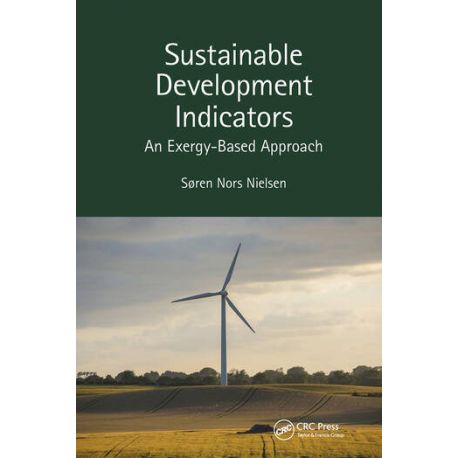 Ver más grande
Ver más grande Referencia: Código 10421
Febrero de 2023 - Søren Nors Nielsen - Refª 10421
Søren Nors Nielsen
Febrero de 2023 Páginas: 238 Tapa blanda
Código 10421 ISBN/EAN: 9781032474496
Book Description
Analyzing the self-sufficient Danish island of Samsø, this book explains sustainability through a bio-geophysical understanding of how to best use society’s limited resources to achieve true sustainability. The method used derives from the thermodynamic function of exergy. By analyzing exergy flows and establishing a system for evaluating the energy and the materials used in a society, the author creates a platform for monitoring certain indicators of sustainability. These indicators inform readers about the actions that must be taken and the time frames for achieving sustainability goals. The exergy-based approach is an important tool for carrying out such an analysis because it
- Focuses on several key thermodynamic concepts and the usefulness of exergy analysis for evaluating sustainability
- Explains sustainability by implementing thermodynamic laws to societal consumption and the use of resources
- Discusses new methods that integrate energy and material fluxes and evaluates them against each other
- Provides direct indicators for finding the largest problems/obstacles and deciding where measures should be taken
- Includes instructions on how to establish an accounting system for evaluating the energy and the materials used in a society
Table of Contents
1. Introduction to Sustainability and Work Energy Analysis 2. Work Energy and Sustainability 3. Methodological Considerations 4. Analysis of the Energy Sector 5. Work Energy Analysis of the Public Sector 6. Work Energy and Private Sector 7. Work Energy Analysis of the Agriculture, Forestry and Fisheries Sector 8. Work Energies of the Industry, Trade and Commerce Sector 9. Work Energy Analysis of Nature 10. Solid Waste—Estimating Amounts and Potentials 11. Work Energy Budgets—Overview and Discussion 12. Conclusions and Perspectives
Author(s)
Biography
Søren Nors Nielsen obtained the PhD in Structurally Dynamic Modelling in 1992, in the University of Copenhagen, and the "Agregação" in 2009, in the University of Coimbra. He is a world expert on the application of thermodynamic methods for the analysis and assessment of biological systems functioning, mainly in aquatic environments, and of ecological modeling in environmental management. He authored or co-authored a large number of papers in peer review journals, book chapters and books.
Descripción del libro
Analizando la isla danesa autosuficiente de Samsø, este libro explica la sostenibilidad a través de una comprensión biogeofísica de cómo utilizar mejor los recursos limitados de la sociedad para lograr una verdadera sostenibilidad. El método utilizado deriva de la función termodinámica de la exergía. Al analizar los flujos de exergía y establecer un sistema para evaluar la energía y los materiales utilizados en una sociedad, el autor crea una plataforma para monitorear ciertos indicadores de sustentabilidad. Estos indicadores informan a los lectores sobre las acciones que se deben tomar y los plazos para alcanzar los objetivos de sostenibilidad. El enfoque basado en la exergía es una herramienta importante para llevar a cabo dicho análisis porque
- Se centra en varios conceptos termodinámicos clave y la utilidad del análisis exergético para evaluar la sostenibilidad.
- Explica la sostenibilidad mediante la implementación de leyes termodinámicas para el consumo social y el uso de recursos.
- Discute nuevos métodos que integran flujos de energía y materiales y los evalúa uno contra el otro.
- Proporciona indicadores directos para encontrar los mayores problemas/obstáculos y decidir dónde se deben tomar medidas
- Incluye instrucciones sobre cómo establecer un sistema contable para evaluar la energía y los materiales utilizados en una sociedad.
Tabla de contenido
1. Introducción a la Sostenibilidad y Análisis Energético del Trabajo 2. Energia del Trabajo y Sostenibilidad 3. Consideraciones Metodológicas 4. Análisis del Sector Energético 5. Análisis Energético del Trabajo del Sector Público 6. Energético del Trabajo y Sector Privado 7. Análisis Energético del Trabajo de la Agricultura , Sector Forestal y Pesquero 8. Energías de Trabajo del Sector Industria, Comercio y Comercio 9. Análisis de Energía de Trabajo de la Naturaleza 10. Residuos Sólidos—Estimación de Cantidades y Potenciales 11. Presupuestos de Energía de Trabajo—Resumen y Discusión 12. Conclusiones y Perspectivas
TAMBIEN LE PUEDE INTERESAR
- 36,00 €
- 78,95 €
- 18,00 €
- 30,00 €

